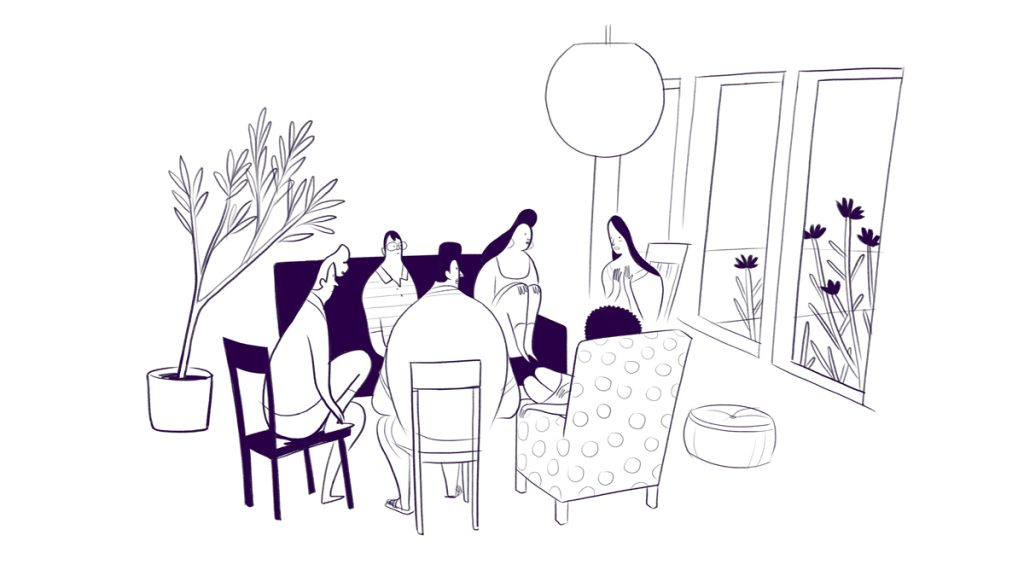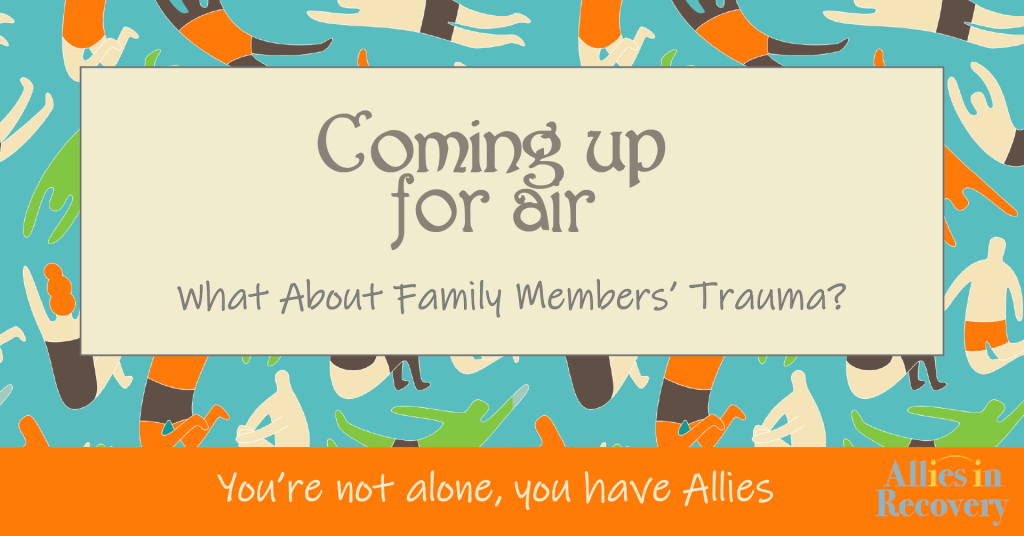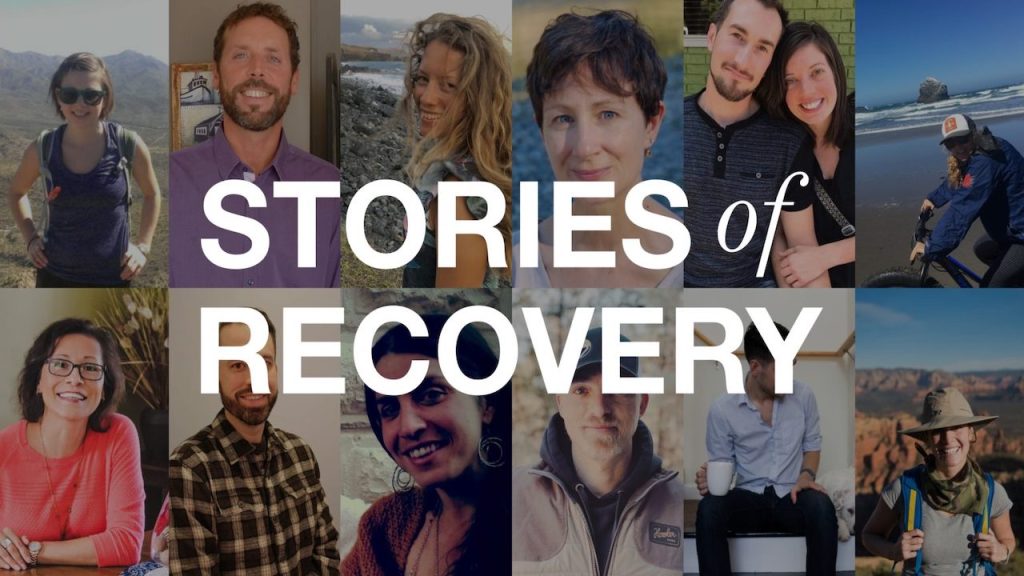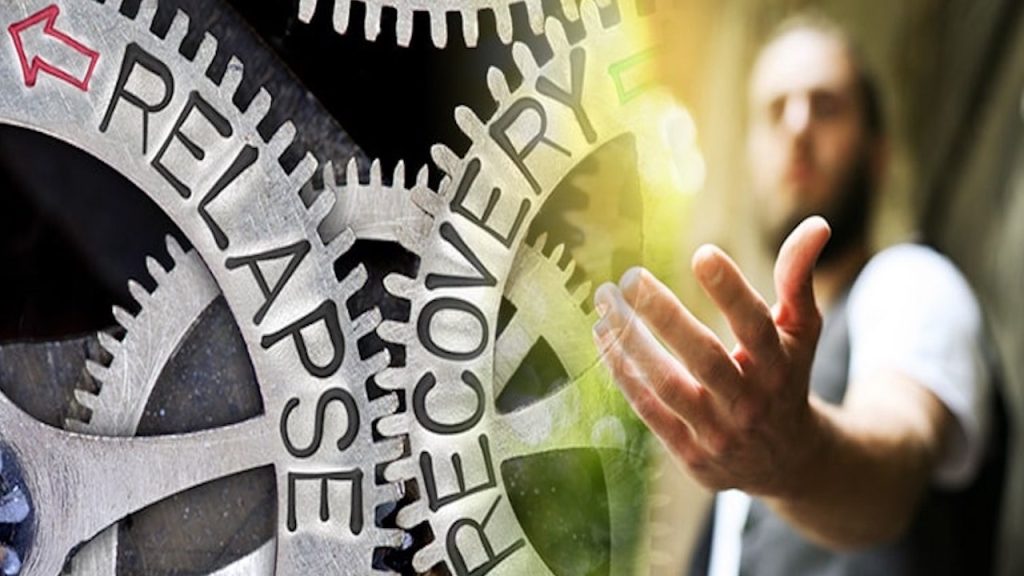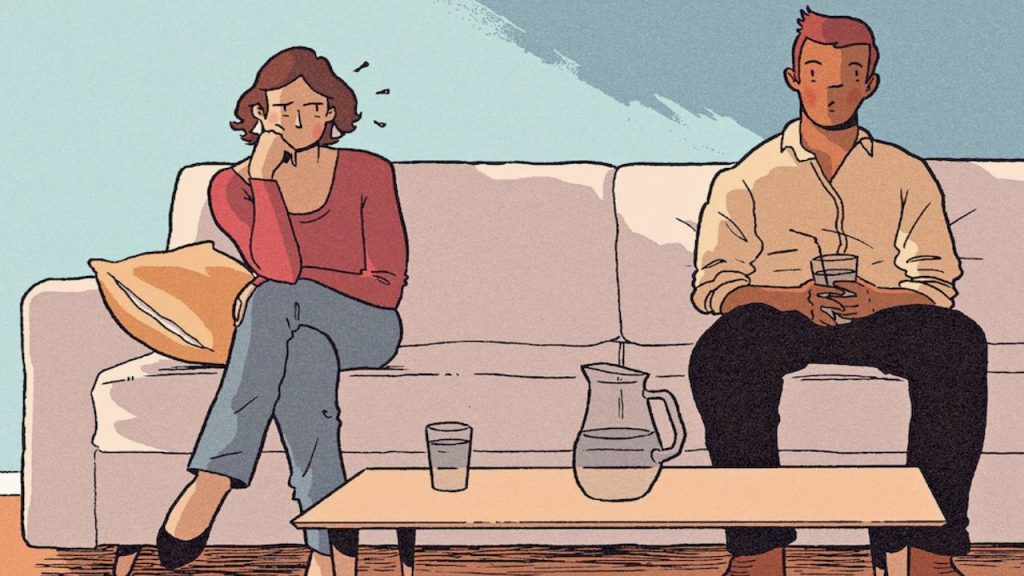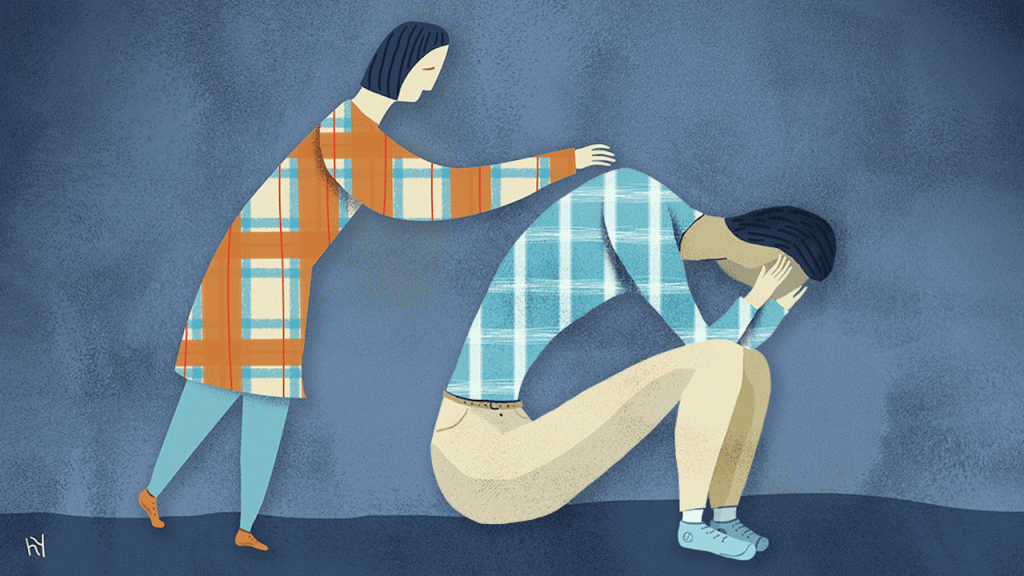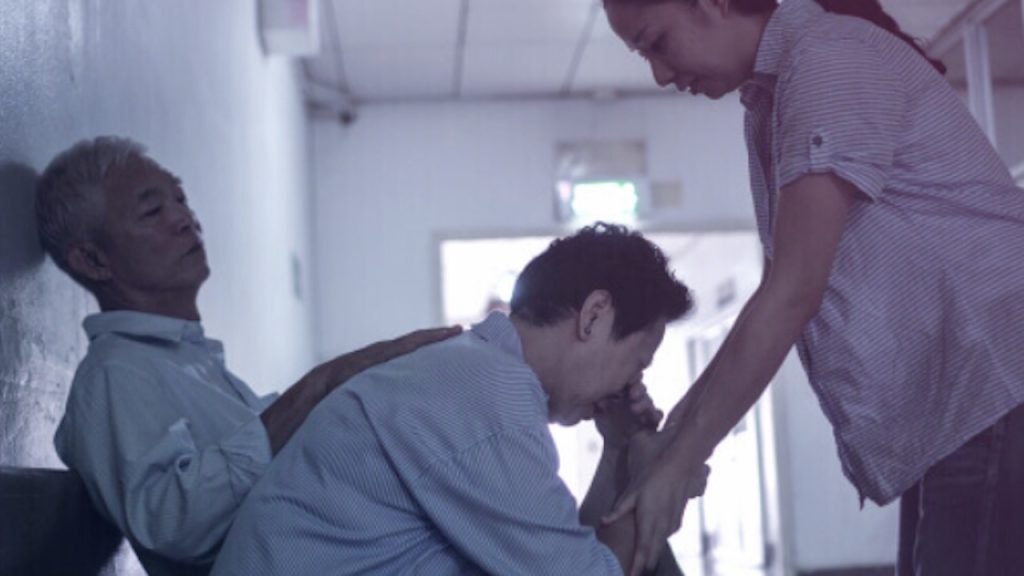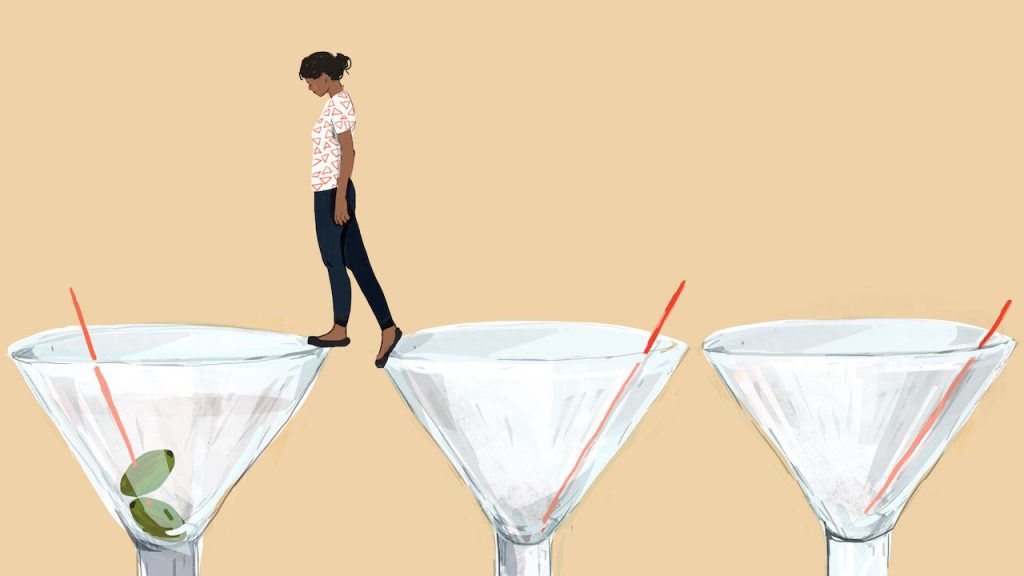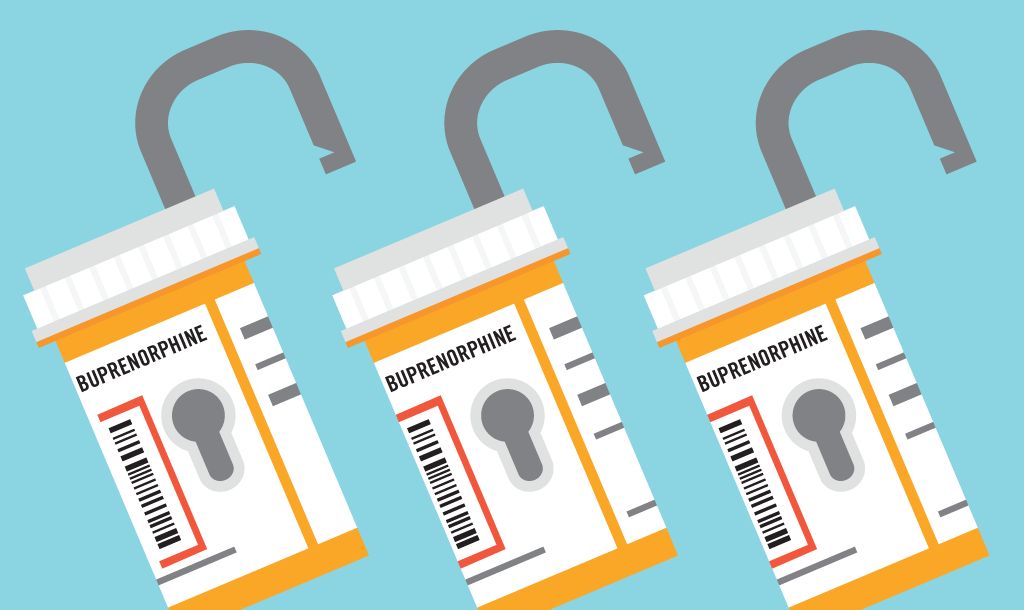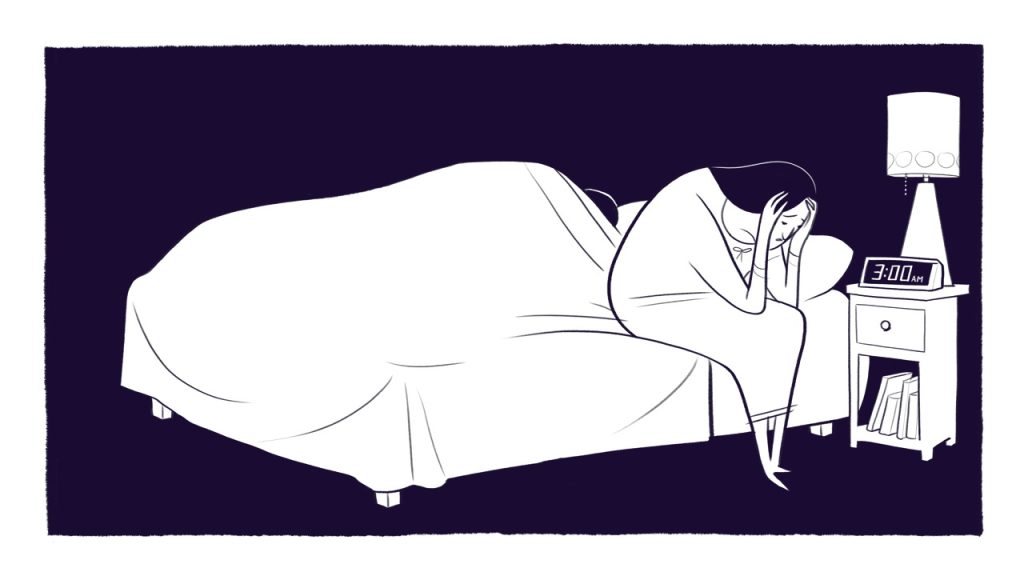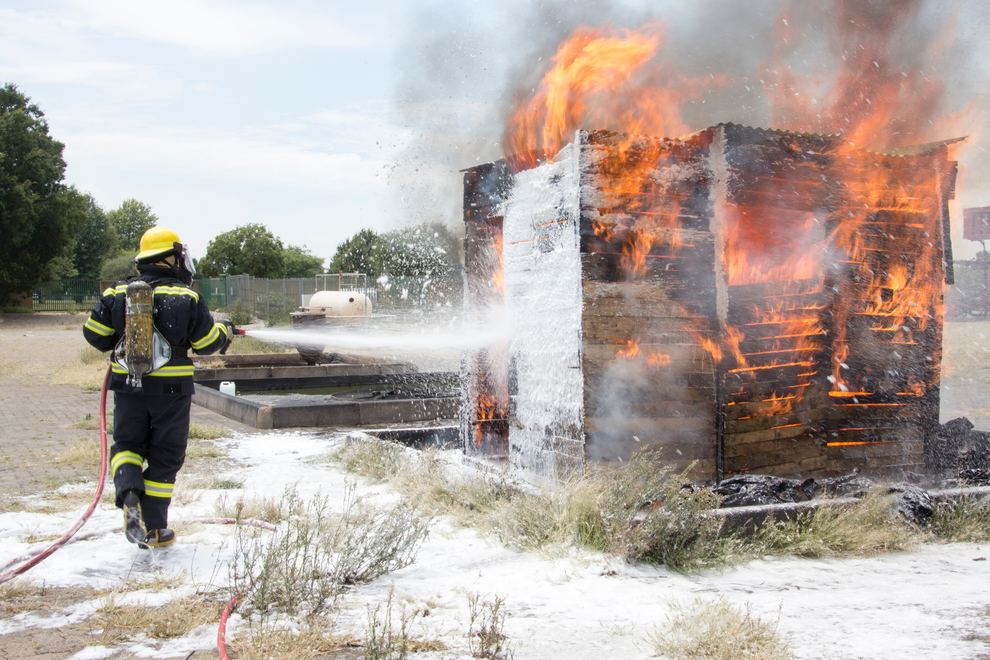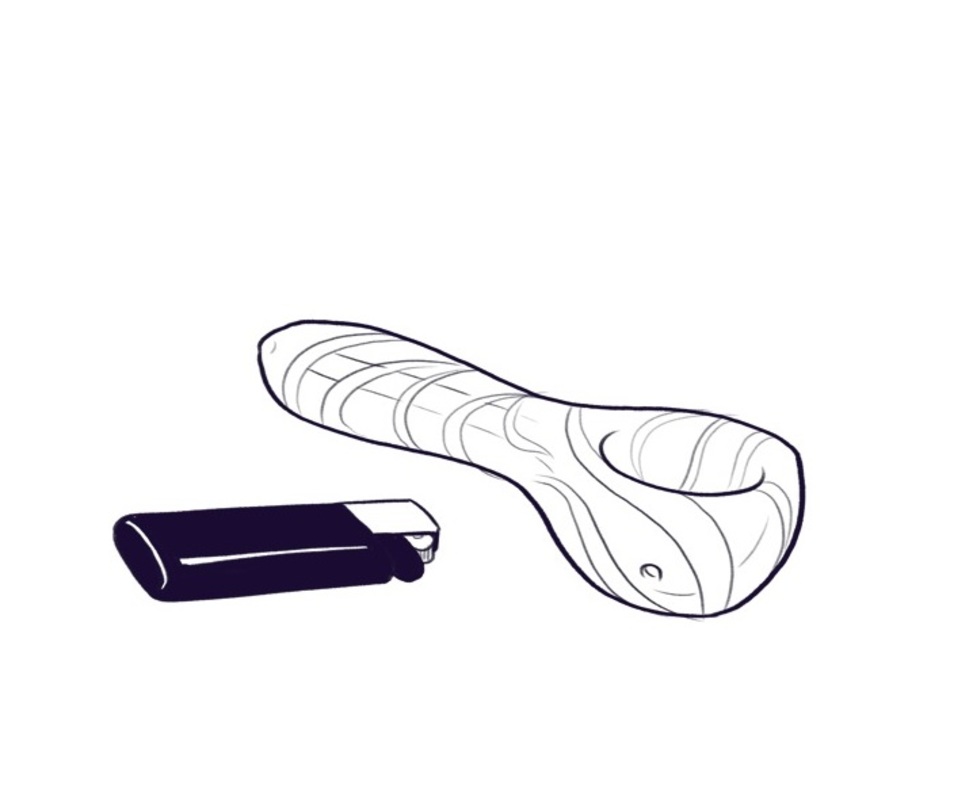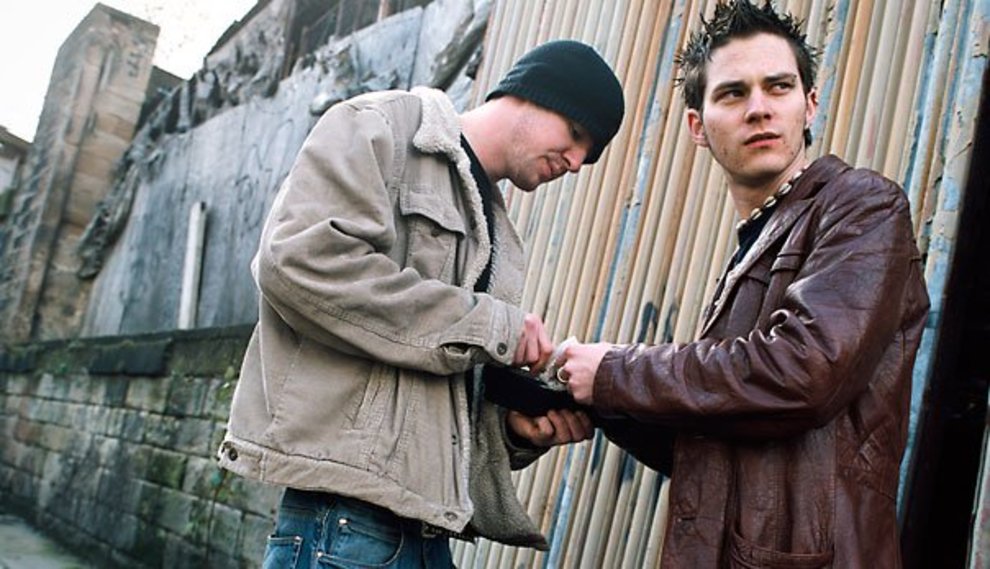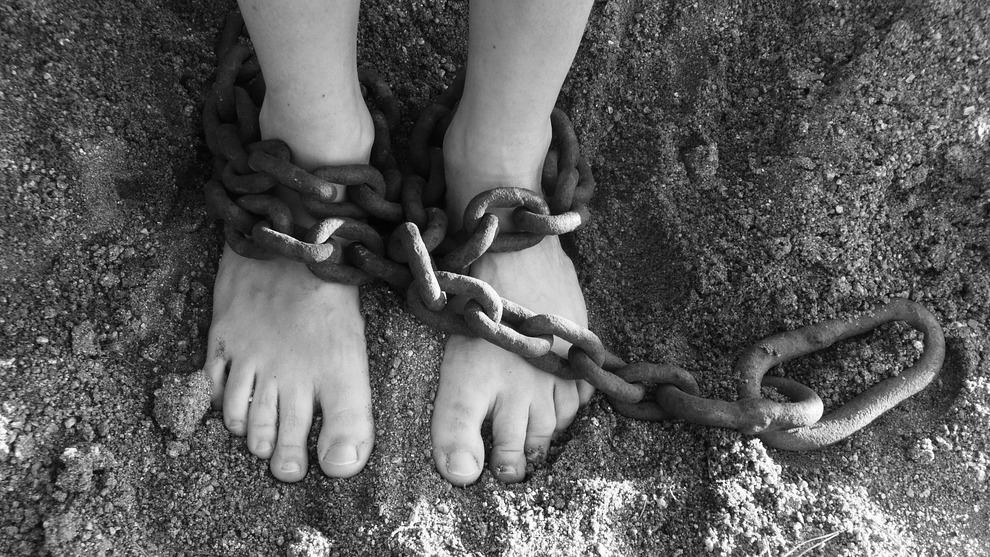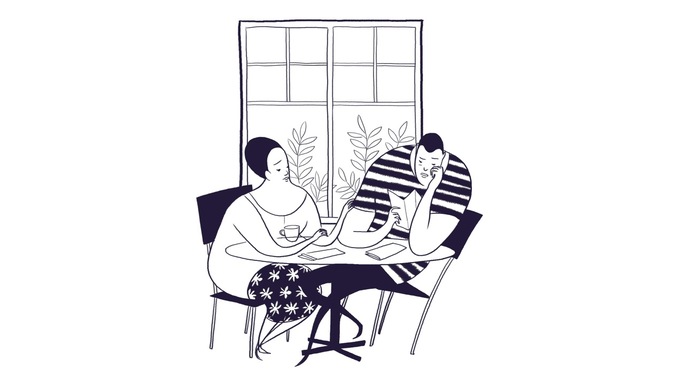5 Tips for Handling Tough Holiday Situations


Regardless of the holiday or traditions you observe, this time of year can be trying, triggering and even traumatic.
From what I know personally and have listened to others openly share in “the rooms,” the holiday season tends to bring on some of the most emotionally charged situations.
I’ve compiled helpful suggestions and tips for handling this time based on difficult holiday seasons I’ve experienced myself, along with wisdom offered by therapists and expert family advocates.
1. Move through these days moment by moment
Whether it’s a situation, a setting or the entire holiday season, move through it one step at a time. During a particularly miserable time I was advised to “Do the next right thing for the next fifteen minutes, over and over again.” And that was exactly how I got through it.
2. Three-hour rule
A counselor told me when it pertains to uncomfortable settings within his own stressful family, he gives himself a set length of time to spend with them. He gives all of his attention and personality to the setting in that frame of time, but leaves guilt-free after three hours. Sooner if chaos erupts.
3. Be your own advocate
Be aware of your feelings and needs and tend to them. Give yourself an out if it becomes too difficult to be around those you don’t feel at ease with. Pay attention to things like your heart sinking, and your energy darkening, etc. Honor those feelings—they are cues that you feel off about something. When things feel intense, if possible, step away to a quiet room or hallway and deeply breathe for two or three minutes and then return to the group. It’s also okay to leave if you prefer to return to the safety of your own space. It’s not selfish to look out for yourself, it’s healthy.
4. Don’t lose heart!
Things can change—in fact they will. Change is one of the only certainties in life. There’s a saying: “Nothing happens and nothing happens and nothing happens…and then everything happens.” This is as true for crisis and chaos as it is for good news and breakthroughs. Seasons of life are radically impermanent. If this is a tough year, it can get better. You never know what can happen in a day.
5. Look for signs of love and hope
I love signs in nature; one of my favorites is a Cardinal sighting. The male Cardinal with his bright red coloring symbolizes the passion, warmth and vibrancy that are available to us, even under the cloak of winter’s grey clouds. Many believe when a Cardinal appears it’s a sign of comfort from someone they love who has died.
For those mourning a loss, may the Cardinal appear unexpected and bright in your dreariest moments: a vibrant symbol of hope in the midst of a cold winter to serve as a reminder that your loved one lives on.
For those enduring harsh circumstances, possibly hoping a loved one will come to their senses, may the Cardinal appear to you as well, offering a sign of encouragement that no matter how desperate things may seem, they can change
If things are difficult for you this year, remember this too shall pass…next year might exceed expectations and be a little easier.
If this year is a happier one, remember next year may be challenging. Pay attention to those not doing so well: some may need a boost of comfort or kindness.
Overall, let’s try to embrace what is, face what aches, hope for the best, cultivate compassion and kindness, and be grateful for all we see—or remember—that is loving and beautiful.
Hope lights the way.
“Do not lose hope, please believe that there are a thousand beautiful things waiting for you. Sunshine comes to all who feel rain.” ~R.M. Drake
Seasons Greetings,
Annie
A membership at Allies in Recovery brings you into contact with experts in the fields of recovery and treatment for drug and alcohol issues. Our learning platform introduces you to CRAFT and guides you through the best techniques for unblocking the situation. Together we will move your loved one towards recovery. Learn more here.

